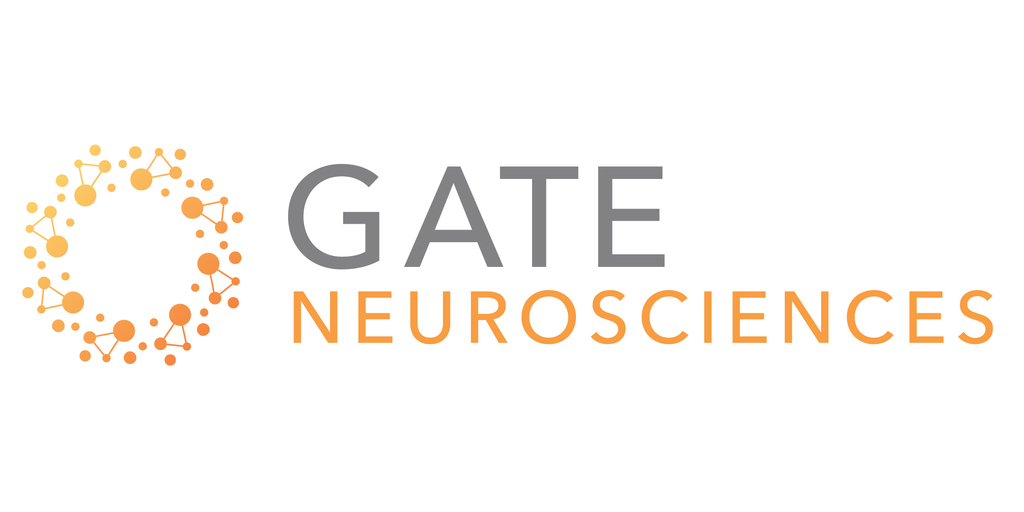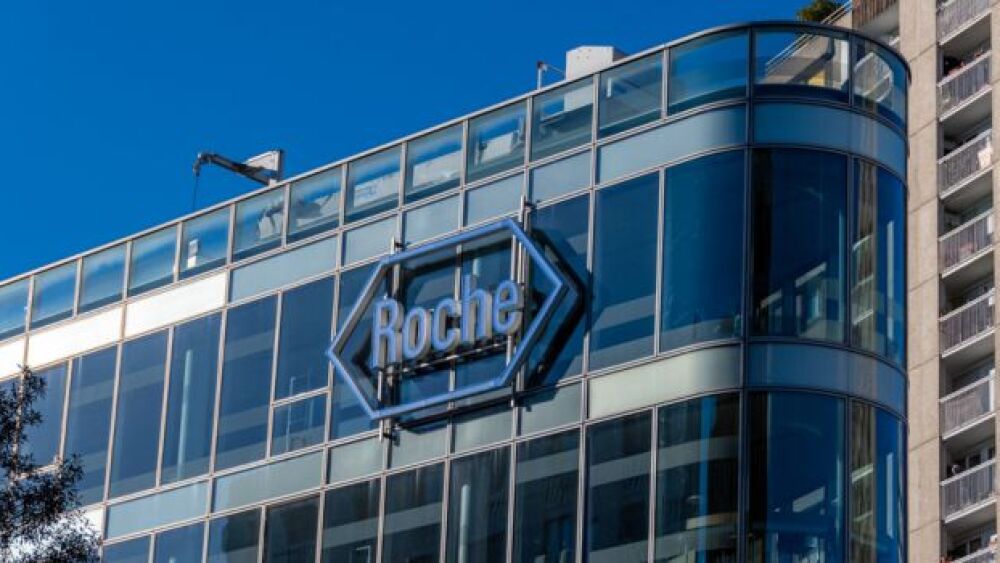- Two poster presentations at ACNP highlight new research on the fundamental biology of molecules targeting synaptic function in CNS disease
- Insights advance translational model supporting Gate’s lead program, zelquistinel, in clinical development for neuropsychiatric and neurodegenerative disorders
INDIANAPOLIS--(BUSINESS WIRE)--Gate Neurosciences, a synaptic health biotechnology company focused on advancing next-generation precision central nervous system (CNS) treatments, today announced new research presented at the recently concluded 2024 annual meeting of the American College of Neuropsychopharmacology (ACNP), held in Phoenix from December 8-11, 2024.


“The synapse is a therapeutic target, and we are determined to communicate our novel findings on the unique pharmacology of modulating synapses. Our new research presented at ACNP this week can help to uncover the massive potential of molecules that address synaptic weakening underlying many CNS diseases,” stated Mike McCully, president and CEO of Gate Neurosciences. “Synaptic function-enhancing molecules like ketamine and our ‘stinel programs operate in a fundamentally different paradigm than traditional CNS drugs that require constant time on-target to work. Our new translational insights clearly highlight that dosing frequency influences the short and long-term effectiveness of these types of molecules and is a critical factor to their successful development.”
The two ACNP presentations detailed new insights on the pharmacology of molecules that enhance synaptic function and neuroplasticity, including both ketamine and Gate’s lead program, zelquistinel (GATE-251), and highlighted Gate’s emerging translational work to optimize dosing dynamics. A hallmark of both ketamine and zelquistinel is that a single dose triggers rapid, long-lasting metaplasticity effects on synapses which persist well-beyond clearance from their target receptors — a phenomenon termed “event-driven pharmacology.” New preclinical data shared by Gate at the ACNP conference demonstrate that optimizing dose level and dose frequency using translational measures of synaptic strength and plasticity may be necessary to maximize therapeutic effects and avoid loss of efficacy.
Zelquistinel is currently in Phase 2 development (VITALIZE Study) as a once-weekly oral treatment for depression and other diseases of synaptic dysfunction such as Alzheimer’s cognition and schizophrenia.
ACNP Poster Presentation Details
Title: Zelquistinel, a Novel NMDAR Modulator with Rapid-Acting & Sustained Effects: Optimizing Dose and Dose Interval Based on Translational Measures of Synaptic Plasticity
Abstract Number: P208
Lead Author: Jeffrey Burgdorf, Ph.D.
Summary: In vivo effects on NMDA receptor-mediated synaptic modulation, duration of plasticity and metaplasticity, and emotional learning were assessed following single, daily, and once-weekly dosing of zelquistinel in mice. Single doses of zelquistinel enhanced synaptic strength and learning, daily dosing actively suppressed this beneficial effect, and weekly dosing sustained or increased the beneficial effects.
Title: More May Not Be Better: Ketamine Dosing Frequency Modulates Synaptic Strength, Metaplasticity and Emotional Learning
Abstract Number: P215
Lead Author: John Donello, Ph.D.
Summary: Single doses versus five daily doses of ketamine were compared in mice. Single doses of ketamine had electrophysiological and behavioral effects lasting for seven days, including enhanced in vivo synaptic strength, positively impacted metaplasticity, and enhanced emotional learning behavior. Five daily repeated doses of ketamine actively suppressed the beneficial effects of the drug.
Full abstracts are published by ACNP and are available on the organization’s website.
Other recent insights on the unique pharmacology of synaptic function-enhancing molecules shared by Gate Neurosciences and others include: the white paper, “Reshaping Neuropsychiatry,”1 by Dr. Anantha Shekhar, co-founder of Gate Neurosciences; presentations at this year’s ASCP annual meeting2 on emerging dosing concepts; and recent publications on zelquistinel’s mechanism of action,3 preclinical data on ketamine metaplasticity,4 and clinical data showing the loss of efficacy with daily ketamine dosing.5
- Shekhar, A. (2024, August 7). Reshaping neuropsychiatry. Drug Discovery World (DDW). https://www.ddw-online.com/reshaping-neuropsychiatry-31040-202408/
- Gate Neurosciences to share new data and research on its synaptic function molecules with multiple posters at 2024 ASCP meeting. (2024, May 15). Gate Neurosciences https://www.gateneuro.com/press-releases/gate-neurosciences-to-share-new-data-and-research-on-its-synaptic-function-molecules-with-multiple-posters-at-2024-ascp-meeting
- Zhang, X., Li, Y.-X., Berglund, N., Burgdorf, J. S., Donello, J. E., Moskal, J. R., & Stanton, P. K. (2024). Zelquistinel acts at an extracellular binding domain to modulate intracellular calcium inactivation of N-methyl-D-aspartate receptors Neuropharmacology, 259, 110100. https://doi.org/10.1016/j.neuropharm.2024.110100
- Brown, K. A., & Gould, T. D. (2024). Targeting metaplasticity mechanisms to promote sustained antidepressant actions. Molecular Psychiatry, 29(4), 1114–1127. https://doi.org/10.1038/s41380-023-02397-1
- Pattanaseri, K., Lortrakul, J., Jaisin, K., Srifuengfung, M., Sa-nguanpanich, N., Viravan, N., Pariwatcharakul, P., Makarasara, W., & Ratta-apha, W. (2024). A randomized controlled pilot study of daily intravenous ketamine over three days for treatment-resistant depression. BMC Psychiatry, 24(1). https://doi.org/10.1186/s12888-024-05951-5
About Gate Neurosciences
Gate Neurosciences is a synaptic health biotechnology company focused on advancing next-generation precision CNS treatments that address growing needs in mental health. The company is developing a portfolio of novel mechanisms of action that enhance synaptic function to address neuropsychiatric and neurocognitive diseases, including major depressive disorder (MDD). Using learnings from extensive clinical, preclinical, and translational data and a better understanding of CNS development challenges, the company is advancing its clinical pipeline using evidence-driven, precision psychiatry approaches.
Contacts
Media Contact:
Azeem Zeekrya
HDMZ
azeem.zeekrya@hdmz.com
312-506-5244
Corporate Contact:
Rob Houghtaling - Sr. Director, Corporate Development
Gate Neurosciences, Inc.
rob.houghtaling@gateneuro.com




